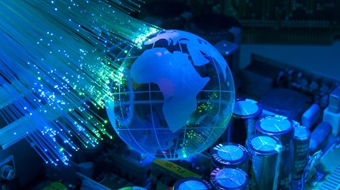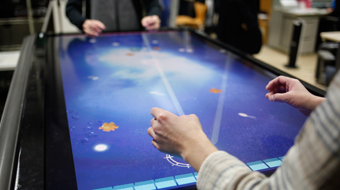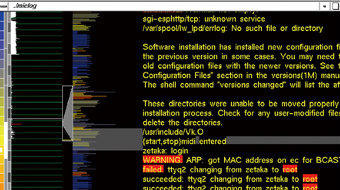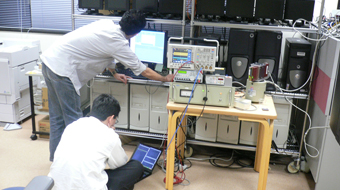Education
Computer Science
Undergraduate Major5 Features
Education that challenges students to explore a new, computerized world
-
1
Foster researchers and engineers who can support the foundation of an information society

Advances in computers and the growth of information technology are changing our lives and societies in considerable ways. In such a world, computer science is the foundational technology for building a rich and fulfilling information society. The Department of Computer Science is committed to fostering researchers and engineers to support the foundation of this information society.
-
2
Advanced knowledge and technology of computer science

To acquire advanced knowledge on computer science including its technology, the department has designed a curriculum built from three course categories: (a) Basic Computer Science courses, which cover the fundamental subjects in the discipline; (b) Advanced Computer Science courses that open the door to cutting-edge topics; and (c) Programming courses that enable students to acquire various programming skills.
-
3
Practical Training in Programming Languages

Internet services, robot control, protein analysis, and various other systems are all built from software programs. At the department, students are not simply taught how to program in multiple languages, but they are also given the practical training necessary to acquire a deeper understanding, such as the basics of data structures and control structures, basic algorithms, and methods involved in software design and construction.
-
4
Independent Research Projects that foster creativity and expressive power

When students advance to their fourth year, they join a laboratory and, under the guidance of academic supervisors, begin their Independent Research Project. Afterwards, they will continue onto the Advanced Independent Research Project. By conducting research and pursuing problems themselves, students develop their creativity and expressive power.
-
5
For Deeper, Wider Knowledge and Skills

More than 90 percent of the bachelor's degree students at the Department of Computer Science advance to a graduate program through which they deepen and widen their knowledge, and learn how to conduct advanced research by working on their thesis. Approximately 20 percent of graduates who complete the master's program go on to the doctoral program.
